National Strategy for Active Mobility
Council of Ministers Resolution 67/2023, of July 7, approves the National Walking Strategy and determines the creation of a project group for its implementation. The law establishes that the cycling component, which is the subject of the National Strategy for Active Cycling Mobility, approved by Council of Ministers Resolution 131/2019 of August 2, and the pedestrian component, which is the subject of National Walking Strategy, together comprise the National Strategy for Active Mobility.
Governance Structure
The Project Group for Active Mobility works under the responsibility of the member of the Government responsible for the area of urban mobility, and its objective is to promote the implementation and monitoring of the measures included, both in the National Strategy for Active Cycling Mobility and in the National Walking Strategy, as well as coordination with other governance structures and entities responsible and involved in implementing the measures.
It is constituted by members of the Government responsible for all entities involved in the implementation of the National Strategy for Active Mobility, namely the areas of internal administration, justice, finance, sport, economy and the sea, science, technology and higher education, education, work, solidarity and social security, health, environment and climate action, infrastructure, housing and territorial cohesion.
The Network of Focal Points for Active Mobility brings together all the entities responsible for implementing the measures. This Network is made up of a representative designated by each of the entities responsible for implementing measures and supports the Project Group for Active Mobility, in preparing the necessary documentation for decision-making by the Interministerial Commission for Active Mobility, ensuring monitoring and continuity of work.
The Advisory Council for Active Mobility has a consultative nature and includes civil society organizations that integrate, in their objectives and practices, the promotion of active mobility. Gives its opinion on matters submitted to it by the Project Group for Active Mobility or presents to it, on its own initiative, recommendations and suggestions in the field of active mobility.
The Advisory Council for Active Mobility is made up of the entities designated below, to which other relevant entities within the scope of promoting active mobility may be added, permanently or occasionally:
- Portuguese Cycling Federation;
- Portuguese Federation of Cycle Tourism and Bicycle Users;
- Association for Urban Mobility by Bicycle;
- League of Associations for Road Citizenship, Safe and Sustainable Mobility
Monitoring, assessment and revision
A Strategy is constituted as a process, which goes far beyond the notion of a rigid and final product. The National Strategy for Active Mobility is under permanent observation, so its revisions and changes may occur at any time, whether in full or in part.
Effective monitoring and evaluation must be based on a holistic, multidisciplinary and integrative vision so that it is not just a «problem-response» observation, but one that analyzes the entire complexity of the mobility system.



